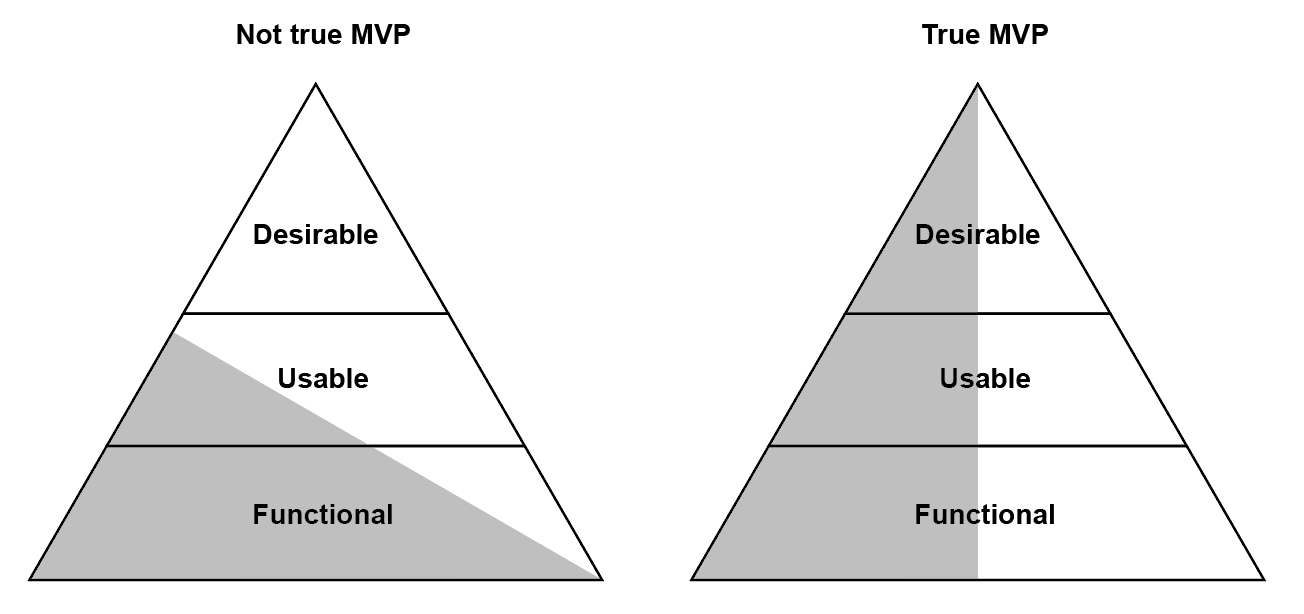I recently read Mark W Schaefer's article "Please. Let’s not start with your 'why'", which poses the refreshing view that starting with "why" might not always be the right approach to your business.
It made me think about how appealing soundbites and simple slogans can become a barrier rather than a help, if the underlying complexity is not understood.
Simple statements can help us move forward, but the world is not simple, it is highly complex and detailed... and as the saying goes: "The devil is in the details".
Simple statements also drive a "one solution fit all" mentality which in turn force us to think binary, and a wise Jedi once said: "Only a Sith deals in absolutes." Ultimately always leading to conflict and destruction.
Here are 3 examples to illustrate the point:
1. Good is the enemy of Great
Aim: Help people get out of fear-of-failure paralysis and feel comfortable launching something to the customers.
Challenge: Often used to force expert voices to silence concerns about fit-for-purpose.
Solution: The challenge is that "Great" is a point. "Good" is a scale. To move forward in a sensible manner, agree what "Good" is and how it is defined and measured.
2. Minimum Viable Product
Aim: Rather than try and produce everything, limit to producing few things that makes sense as an expeirence and test.
Challenge: Often used to launch a technical solution full of features where the usability is deprioritised and pushed to next iteration... that may never happen.
Solution: Start by reading the actual definition of MVP. This illustration might also help reset what "Minimum VIABLE Product" means.

3. If I had asked people what they wanted, they would have said faster horses.
Aim: Asking customers directly what they need is not effective. The underlaying message is: Understanding the customers' needs/behaviours through structured research is the effective approach.
Challenge: Often used to remove Research from the delivery process and rely opinion-based design. Can be made worse by the addition of HIPPO.
Solution: The quote is attributed to Henry Ford, but that is actually not true. Highlighting this, opens up the discussion and can be further guided by true Henry Ford quote: "If there is any one secret of success, it lies in the ability to get to the other person’s point of view and see things from that person’s angle as well as from your own. "
And many more …
These were just three examples, but there are many more. "Design Thinking", "Right People on the Bus" and so on.
Please share examples (and solutions if you have them) in the comments.








